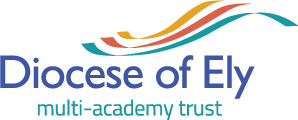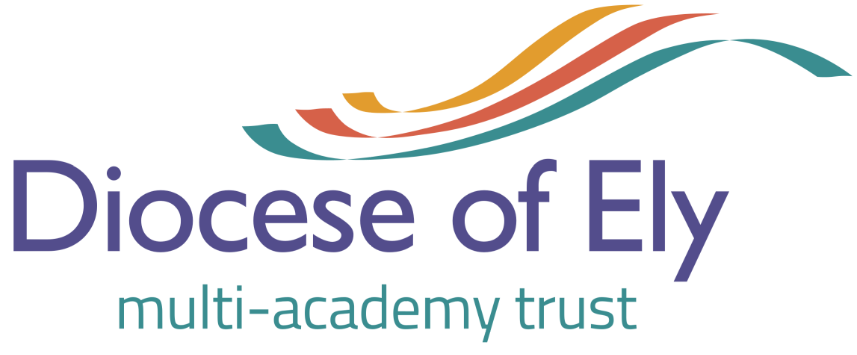Our Approach: Entitlement to a high quality Curriculum
DEMAT's core philosophy centres on every child's entitlement to a high quality curriculum—valued, specified, well-sequenced, and taught for retention. This commitment drives efforts to remove all barriers to learning, prioritising high-quality reading instruction.
The Trust largely aligns curricular areas supported through expert partnerships and internal innovation. While core content is consistent, teachers can personalise delivery to individual school contexts. This standardisation offers several benefits:
- Enhanced Support: A shared curriculum, language, and pedagogy across 40 schools maximise impact and understanding.
- Subject Expertise: Organising staff into subject/phase communities leverages specialists, developing teaching approaches around shared content and principles.
- Quality Planning: Experts, not generalists, ensure high-quality curriculum planning and sequencing, embedding high expectations.
- Reduced Workload: Pre-planned content frees teachers (especially less experienced ones) to focus on delivery and pupil learning, not content creation.
- Clear Standards: Shared understanding of "good standards" is essential for raising them.
Alignment applies to core curriculum content, with teachers tailoring delivery to their classes. Key partnerships like Sounds Write Phonics, Primary Knowledge Curriculum, Complete Maths, and Classics for All are vital, involving close collaboration and tailored CPD.
DEMAT rigorously plans implementation for all initiatives, ensuring long, medium, and individual lesson plans are available. Teachers and school leaders are responsible for delivery and adaptation to their specific contexts.
Three Key Strategies for School Improvement within the Trust
DEMAT's significant school improvement stems from three key, interconnected strategies:
- Curriculum Alignment and ‘Best Bets’:
Recognising that collective effort drives success, DEMAT defines expectations and focuses on attainment. The Trust makes "best bets"—evidence-backed practices—like investing heavily in a linguistic phonics approach (e.g., Sounds Write) with extensive CPD and consistent application. For other subjects, DEMAT selects programmes based on professional knowledge and school leader input. This alignment across all schools fosters momentum, success, and risk reduction.
- The DEMAT Playbook and the Principles of... Documents:
The DEMAT Playbook and "Principles of..." documents codify operational and educational frameworks, covering everything from pedagogical principles to HR and governance. This clarity simplifies monitoring, targets support, and reduces workload by avoiding duplication. Codified behaviour expectations, for example, provide shared language, raise standards, and clarify procedures, supporting headteachers. While Trust-level principles exist, their enactment allows for school-specific contexts, fostering strong, aligned school cultures and raising standards.
- Building Organisational Connections:
Trust-specific CPD makes schools less vulnerable to misaligned external "support," fostering increased school-to-school support and networking. This collaborative approach drives collective gains, reflected in improving pupil outcomes. Rigorous training before rolling out initiatives minimises "lethal mutations" and increases success.












